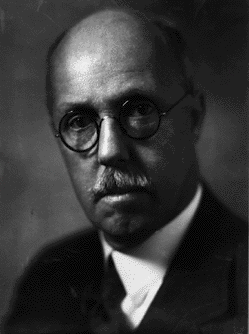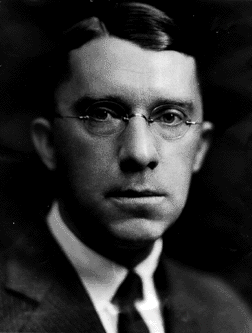Commissioner of Food and Drugs
== Commissioner of Food and Drugs ==
The Commissioner of Food and Drugs is the head of the Food and Drug Administration (FDA), an agency of the United States Department of Health and Human Services. The Commissioner is responsible for overseeing the regulation of food, drugs, medical devices, cosmetics, and tobacco products in the United States. The position is appointed by the President of the United States and confirmed by the United States Senate.
History[edit | edit source]
The position of Commissioner of Food and Drugs was established in 1906 with the passage of the Pure Food and Drug Act. The first Commissioner was Harvey Washington Wiley, who served from 1907 to 1912. Over the years, the role of the Commissioner has expanded significantly, particularly with the enactment of the Federal Food, Drug, and Cosmetic Act in 1938 and subsequent amendments.
Responsibilities[edit | edit source]
The Commissioner of Food and Drugs has a wide range of responsibilities, including:
- Ensuring the safety and efficacy of pharmaceuticals, biologics, and medical devices.
- Regulating the manufacturing, marketing, and distribution of tobacco products.
- Overseeing the safety of the nation's food supply.
- Monitoring the safety of cosmetics and dietary supplements.
- Implementing policies and regulations to protect public health.
Appointment Process[edit | edit source]
The Commissioner is nominated by the President and must be confirmed by the Senate. The appointment process involves a thorough vetting of the candidate's qualifications and background. Once confirmed, the Commissioner serves at the pleasure of the President.
Notable Commissioners[edit | edit source]
- Harvey Washington Wiley (1907-1912): The first Commissioner, known for his work on the Pure Food and Drug Act.
- Margaret Hamburg (2009-2015): Noted for her efforts to modernize the FDA and improve food safety.
- Scott Gottlieb (2017-2019): Known for his work on tobacco regulation and efforts to combat the opioid crisis.
Challenges and Controversies[edit | edit source]
The role of the Commissioner has often been subject to challenges and controversies, including:
- Balancing the interests of public health with those of the pharmaceutical and food industries.
- Addressing emerging public health threats, such as the opioid epidemic and vaping-related illnesses.
- Ensuring the timely approval of new drugs and medical devices while maintaining rigorous safety standards.
Related Pages[edit | edit source]
- Food and Drug Administration
- United States Department of Health and Human Services
- Pure Food and Drug Act
- Federal Food, Drug, and Cosmetic Act
- Harvey Washington Wiley
- Margaret Hamburg
- Scott Gottlieb
Search WikiMD
Ad.Tired of being Overweight? Try W8MD's physician weight loss program.
Semaglutide (Ozempic / Wegovy and Tirzepatide (Mounjaro / Zepbound) available.
Advertise on WikiMD
|
WikiMD's Wellness Encyclopedia |
| Let Food Be Thy Medicine Medicine Thy Food - Hippocrates |
Translate this page: - East Asian
中文,
日本,
한국어,
South Asian
हिन्दी,
தமிழ்,
తెలుగు,
Urdu,
ಕನ್ನಡ,
Southeast Asian
Indonesian,
Vietnamese,
Thai,
မြန်မာဘာသာ,
বাংলা
European
español,
Deutsch,
français,
Greek,
português do Brasil,
polski,
română,
русский,
Nederlands,
norsk,
svenska,
suomi,
Italian
Middle Eastern & African
عربى,
Turkish,
Persian,
Hebrew,
Afrikaans,
isiZulu,
Kiswahili,
Other
Bulgarian,
Hungarian,
Czech,
Swedish,
മലയാളം,
मराठी,
ਪੰਜਾਬੀ,
ગુજરાતી,
Portuguese,
Ukrainian
Medical Disclaimer: WikiMD is not a substitute for professional medical advice. The information on WikiMD is provided as an information resource only, may be incorrect, outdated or misleading, and is not to be used or relied on for any diagnostic or treatment purposes. Please consult your health care provider before making any healthcare decisions or for guidance about a specific medical condition. WikiMD expressly disclaims responsibility, and shall have no liability, for any damages, loss, injury, or liability whatsoever suffered as a result of your reliance on the information contained in this site. By visiting this site you agree to the foregoing terms and conditions, which may from time to time be changed or supplemented by WikiMD. If you do not agree to the foregoing terms and conditions, you should not enter or use this site. See full disclaimer.
Credits:Most images are courtesy of Wikimedia commons, and templates, categories Wikipedia, licensed under CC BY SA or similar.
Contributors: Prab R. Tumpati, MD







